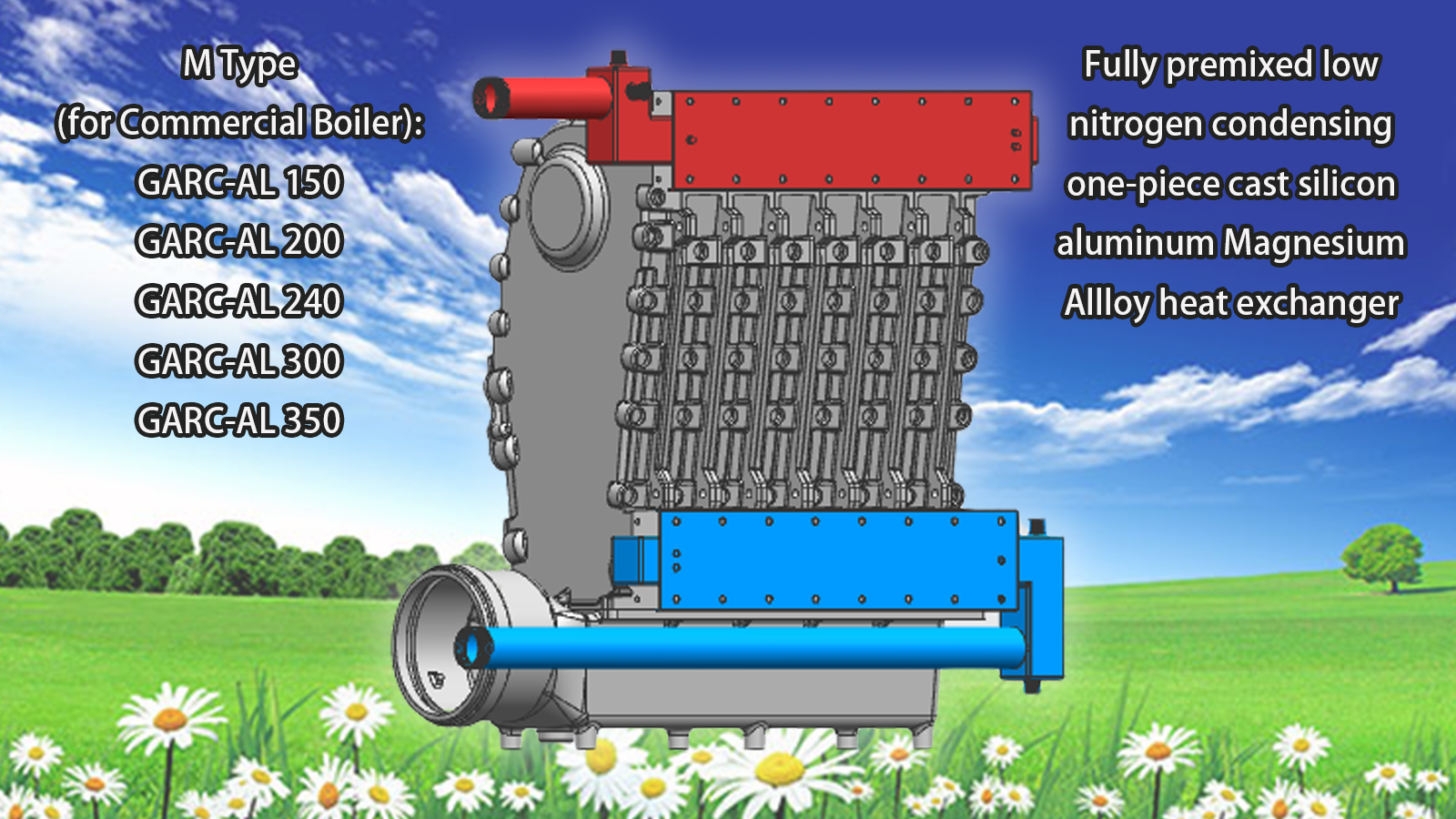- Afrikaans
- Albanian
- Amharic
- Arabic
- Armenian
- Azerbaijani
- Basque
- Belarusian
- Bengali
- Bosnian
- Bulgarian
- Catalan
- Cebuano
- China
- China (Taiwan)
- Corsican
- Croatian
- Czech
- Danish
- Dutch
- English
- Esperanto
- Estonian
- Finnish
- French
- Frisian
- Galician
- Georgian
- German
- Greek
- Gujarati
- Haitian Creole
- hausa
- hawaiian
- Hebrew
- Hindi
- Miao
- Hungarian
- Icelandic
- igbo
- Indonesian
- irish
- Italian
- Japanese
- Javanese
- Kannada
- kazakh
- Khmer
- Rwandese
- Korean
- Kurdish
- Kyrgyz
- Lao
- Latin
- Latvian
- Lithuanian
- Luxembourgish
- Macedonian
- Malgashi
- Malay
- Malayalam
- Maltese
- Maori
- Marathi
- Mongolian
- Myanmar
- Nepali
- Norwegian
- Norwegian
- Occitan
- Pashto
- Persian
- Polish
- Portuguese
- Punjabi
- Romanian
- Russian
- Samoan
- Scottish Gaelic
- Serbian
- Sesotho
- Shona
- Sindhi
- Sinhala
- Slovak
- Slovenian
- Somali
- Spanish
- Sundanese
- Swahili
- Swedish
- Tagalog
- Tajik
- Tamil
- Tatar
- Telugu
- Thai
- Turkish
- Turkmen
- Ukrainian
- Urdu
- Uighur
- Uzbek
- Vietnamese
- Welsh
- Bantu
- Yiddish
- Yoruba
- Zulu
Dec . 11, 2024 03:15 Back to list
Innovative Solutions for Tailored Custom Casting Components and Parts Manufacturing
Custom Casting Parts Revolutionizing Manufacturing and Design
In the ever-evolving landscape of manufacturing and design, custom casting parts are emerging as a pivotal solution that addresses the specific needs of various industries. From automotive to aerospace, the demand for specialized components that cater to unique requirements is surging. Custom casting not only enhances the functionality of products but also contributes to efficiency and cost-effectiveness in production processes.
Understanding Custom Casting
Custom casting is a manufacturing process where molten metal is poured into a mold to create specific shapes and forms. This approach is different from traditional machining methods, which often involve cutting away materials from a larger piece to create the desired component. By using custom casting, manufacturers can create complex geometries and intricate designs that would be difficult or impossible to achieve through machining alone.
The custom casting process begins with design. Engineers and designers collaborate to create detailed specifications that cater to the specific needs of a project. With the help of advanced software and 3D modeling technology, they can visualize the product and make necessary adjustments before moving on to the prototype stage. This not only saves time and resources but also ensures that the final product meets the required standards.
Benefits of Custom Casting Parts
One of the primary advantages of custom casting is the ability to produce parts with high precision. The molds used in the casting process can replicate intricate designs with great accuracy, ensuring that each part fits seamlessly into its designated application. This precision is particularly important in sectors like aerospace and automotive, where even the slightest deviation can lead to malfunctions or safety hazards.
Another significant benefit is material versatility. Custom casting allows for the use of various metals and alloys, enabling manufacturers to select materials that best suit their specific application. Whether it’s aluminum for lightweight components or ductile iron for high-strength applications, the choice of material plays a crucial role in the performance and durability of the final product.
custom casting part

Cost-effectiveness is also a hallmark of custom casting. While the initial investment for creating molds may seem considerable, the long-term savings often outweigh these costs. Mass production of custom parts leads to reduced labor costs and minimizes waste, as casting typically generates less scrap material compared to traditional machining. Furthermore, the ability to produce large quantities of high-quality parts quickly enhances the overall productivity of manufacturing operations.
Applications Across Industries
The versatility of custom casting parts allows for a broad range of applications across different industries. In the automotive sector, custom cast components are used in the manufacturing of engine blocks, transmission cases, and suspension components. Each of these parts requires precise specifications to ensure optimal performance and safety.
In the aerospace industry, custom casting plays a critical role in the production of complex components like turbine blades and landing gear parts. The rigorous standards imposed by this sector make custom casting an ideal choice, as it enables the production of lightweight yet strong parts that can withstand extreme conditions.
Moreover, industries such as marine, construction, and consumer goods also benefit significantly from custom casting. For instance, the production of valves, pumps, and fittings in the plumbing industry often relies on casting techniques to achieve the required durability and function.
Conclusion
As industries continue to evolve and demand more sophisticated components, the importance of custom casting parts cannot be overstated. This manufacturing technique not only allows for precision and efficiency but also enables innovation in design and material selection. By embracing custom casting, businesses can position themselves at the forefront of their respective markets, delivering high-quality, tailor-made solutions that meet the diverse needs of their clients. In an increasingly competitive landscape, custom casting parts are indeed turning into a game changer in the manufacturing domain.
-
Premium Cast Iron Water Main Pipe: Durable, Corrosion-Resistant
NewsAug.03,2025
-
Durable Cast Iron Water Mains | AI-Optimized Systems
NewsAug.02,2025
-
High-Efficiency Propane Boiler for Baseboard Heat | Save Energy
NewsAug.01,2025
-
Premium Source Suppliers for Various Gray Iron Castings
NewsJul.31,2025
-
Durable Cast Iron Water Main Pipes | Long-Lasting
NewsJul.31,2025
-
High-Quality Cast Iron Water Main Pipe for Durable Infrastructure
NewsJul.30,2025


